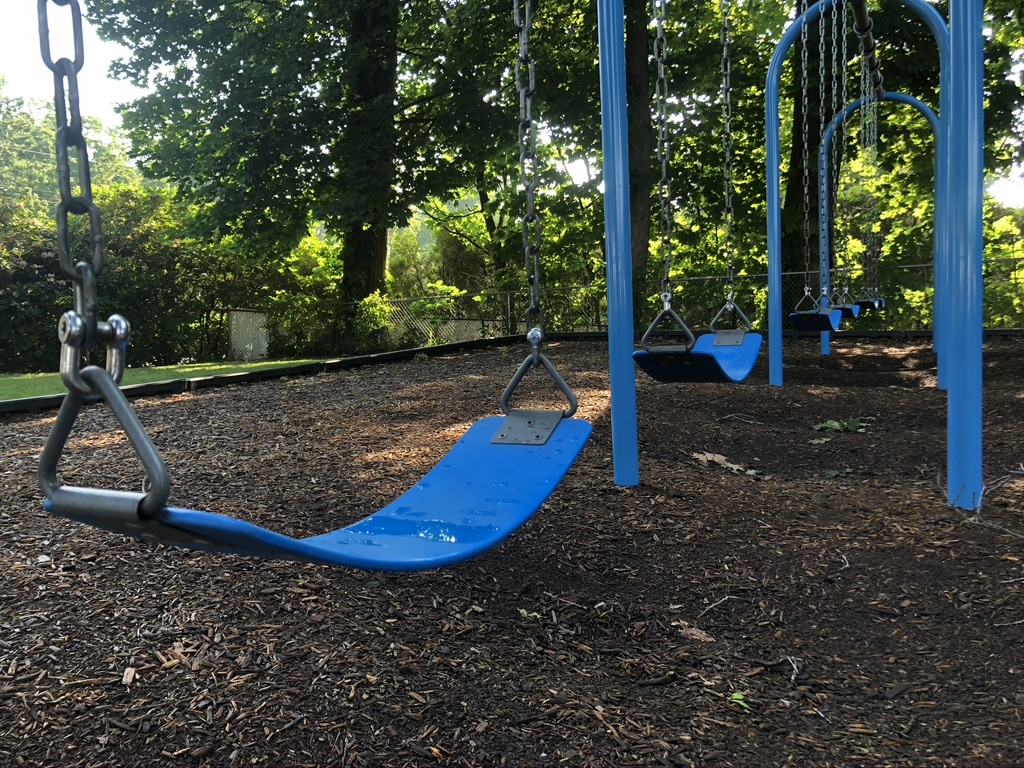The most surprising thing about the so-called ‘free-play movement’ is how few people it benefits.
The Port Washington School District is pushing for more unstructured school time that places significant new demands on families with little payoff. The great unifying factor of this plan’s scope is its imbalance in pursuit of equity.
Think about what this means for families of modest economic means. As it is now, school provides roughly 6 hours of publicly-funded structure each day. Schedules are organized, kids engage a variety of focal points, and skills are developed across an array of disciplines.
After that school day, the kids return home in the middle of the afternoon. Parents might be there, but more likely they’re working outside the home or still busy within it. Nannies and tutors and after-school enrichments are a strain on the budget so the kids are left to themselves.
That’s a perfect time for unstructured activity: hanging out with friends, watching tv, or even just staring at the clouds.
This counterbalances the school day where kids were provided the structure and supervision for which large institutions are uniquely qualified. Students earned their time and parents can do what they have to do safely in the knowledge that a calibrated mix of structured and unstructured time is active in their children’s lives.
Now take that away. School would offer laissez-faire constructivism that permits kids such after-school freedom during regular school hours. The rigors of an organized system dissipate and school assumes the character of hanging out with friends or staring at the clouds.
What happens after school? The family budget still doesn’t allow for tutors or nannies or much enrichment so the whole day becomes an undifferentiated mass of unstructured time.
Some parents will naturally cut their budgets to provide more structured activities, all in an effort to get that balance back. For other families, cutting back isn’t an option. Their balance is gone.
The most vulnerable among us fall furthest behind. The middle rungs of our society strain to keep from falling more.
Wealthier families can afford nannies to drive the kids where they need to be. Nannies can also fill in so many of the gaps that tend to sprout in any schedule, providing the peace of mind to which less-well-off parents aren’t entitled. But this shows how the ‘free play’ approach is ultimately a sham for everyone.
Assume a child returns after school to a well-apportioned home on a generously acred piece of property. Unstructured time yawns before these kids from that first step off the bus until dinnertime (presuming that the fetishizing of unstructured time doesn’t extend to eliminating mealtimes).
Nannies stand ready to facilitate an endless array of entertainments, but not impose in any way what could be construed as structured activity. What does such a child do?
Screens are attractive and indulge the impulse-driven temperament inculcated by an unstructured school day. Sports equipment is readily available, but anything requiring more than one person would have to fall under the definition of structured, so that’s out. Kids may be told “Go out and play. Knock on a friend’s door;” but those expansive properties laid out through the wealthier blocks can make trekking to a friend’s house more vigorous than many adults can comfortably walk.
Nannies might drive the child around, but at what point does arranging such playdates and transporting kids to and fro become an institution of structure?
These parents will likely respond by introducing ever greater structure to the after-school hours. The self-directed ease of the school day will be balanced by sports, tutors, and arts activities jammed into each day from that first step off the bus until long after dark.
The locus of rigor will shift from the confines of the school to the intimacy of the home, along with a predictable uptick in stress associated with displacing the sense of comfort conventionally afforded during family time once the school day is done.
That’s the reality of the ‘free play movement.’ No family, from the richest to the poorest, benefits.
Unstructured time is nature, for better and for worse. It allows for the freedom and productivity of nature, but with it come the weeds.
A prudent gardener allows the weeds to sprout in wild spaces but keeps them out of the structured confines of a garden. Port Washington schools are our garden. The District seems intent on letting it all go to the weeds.
Douglas Parker
Port Washington



